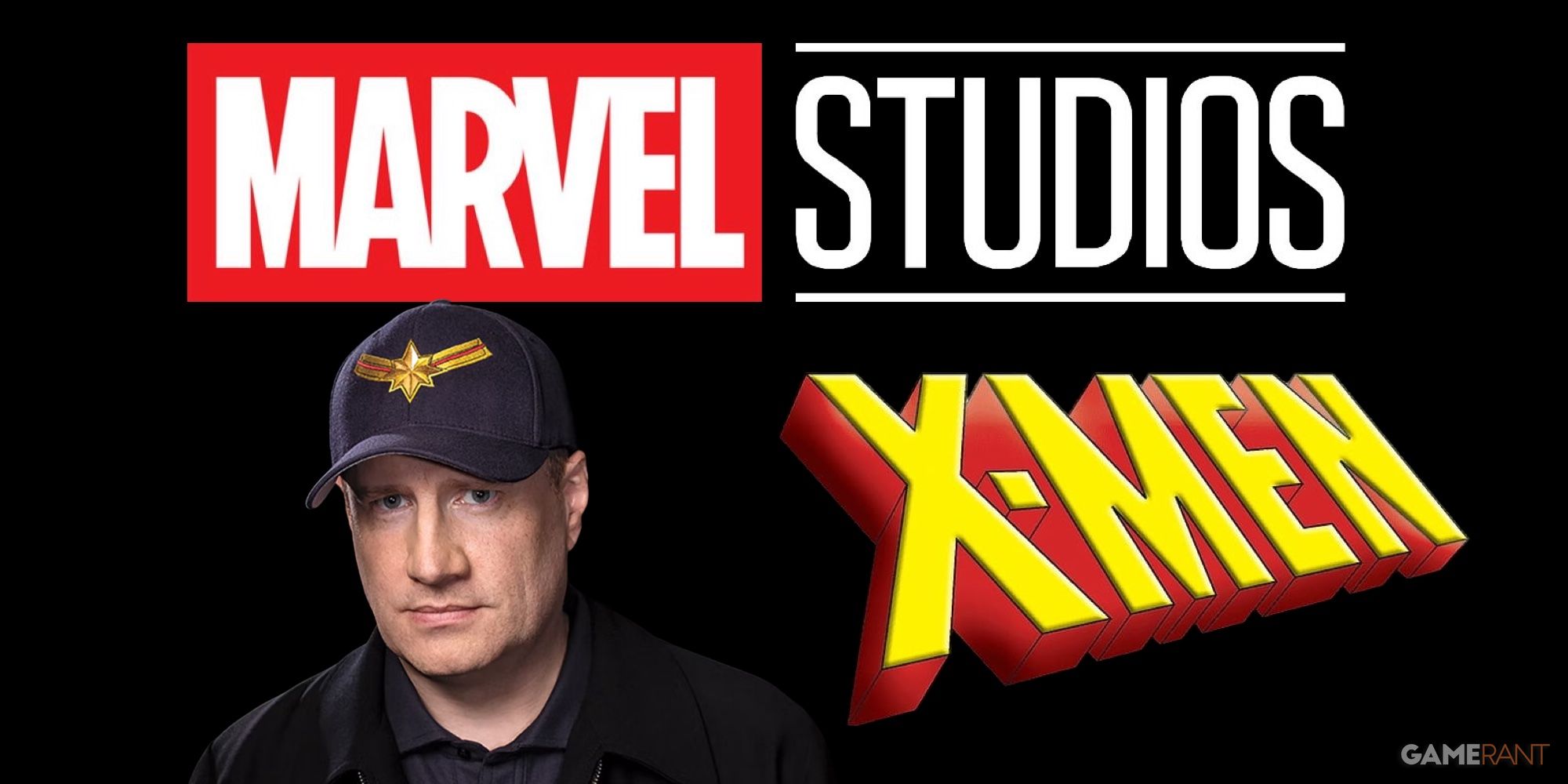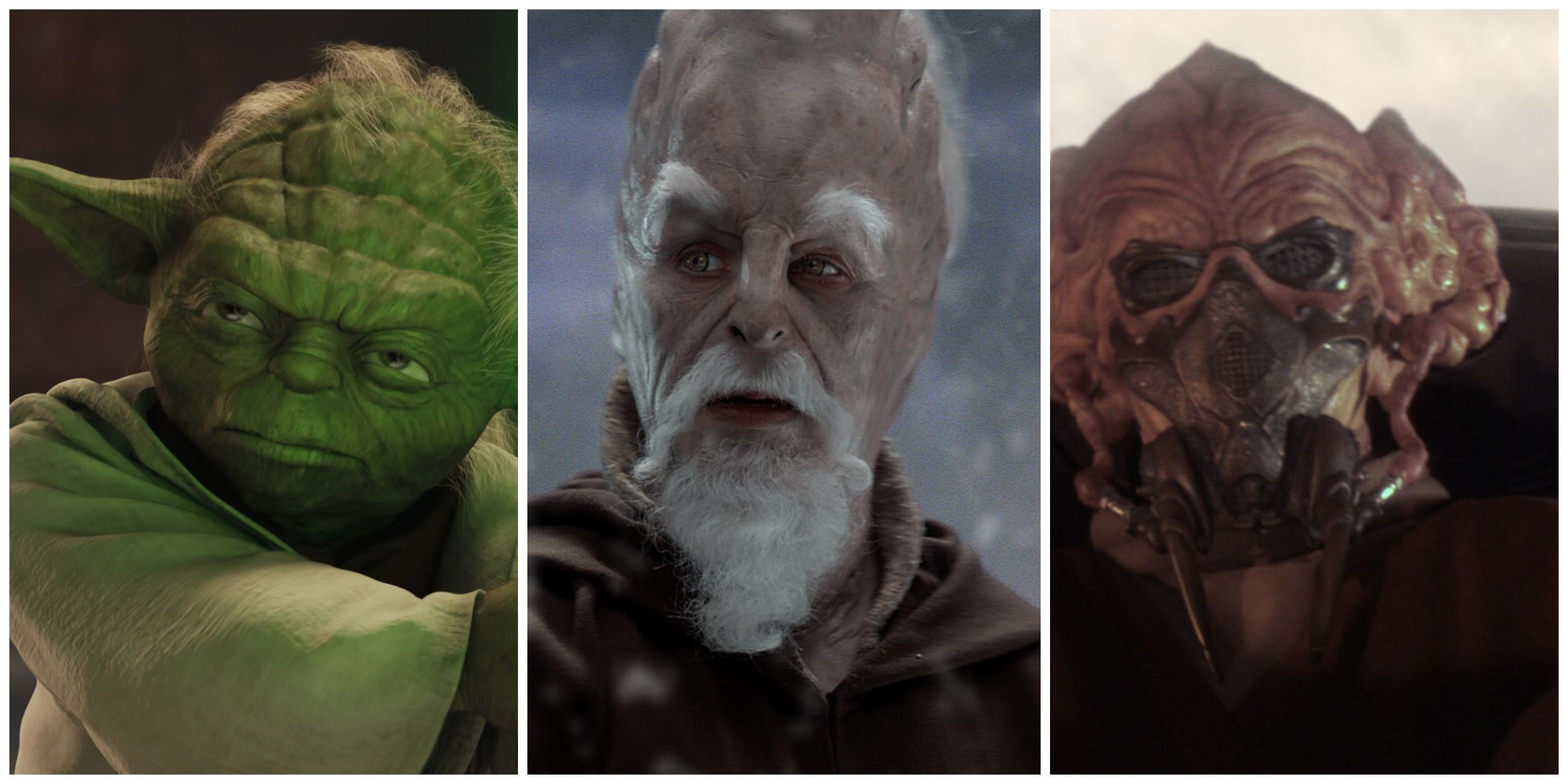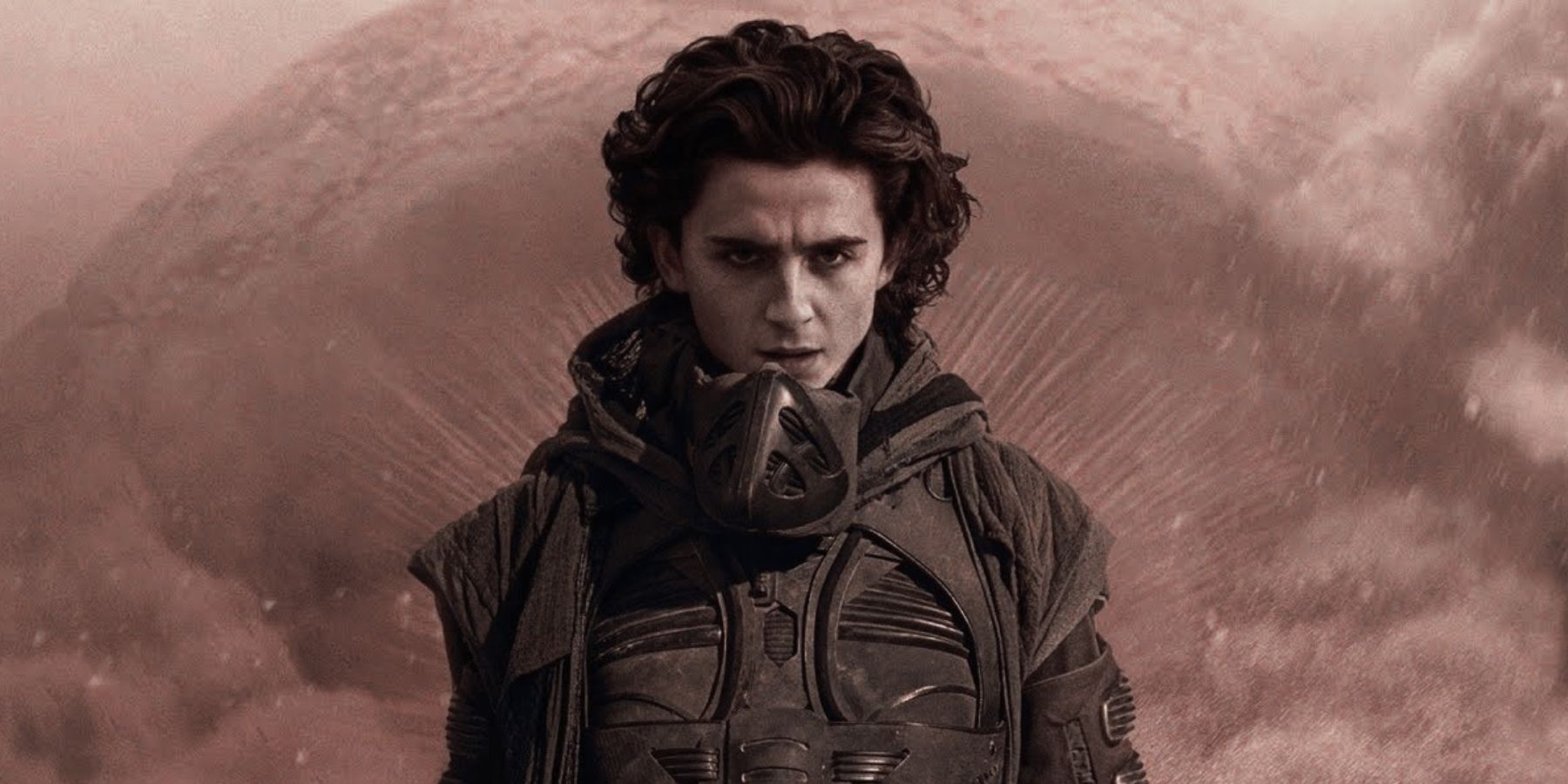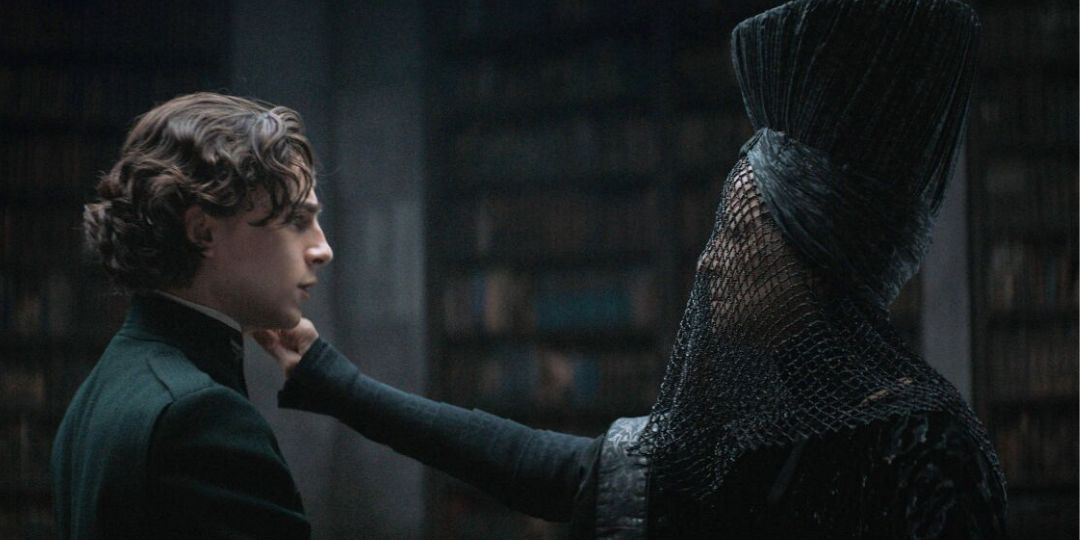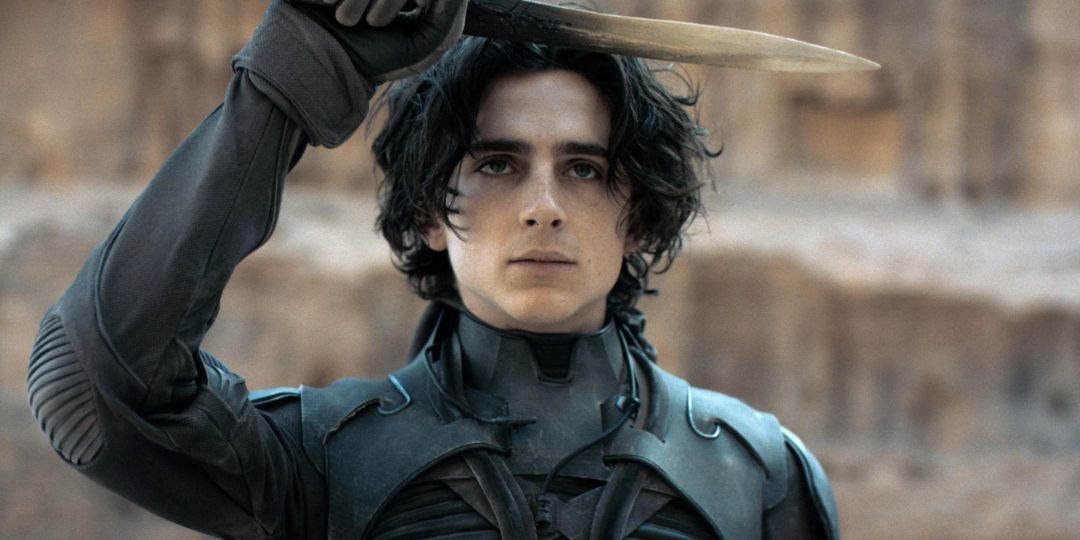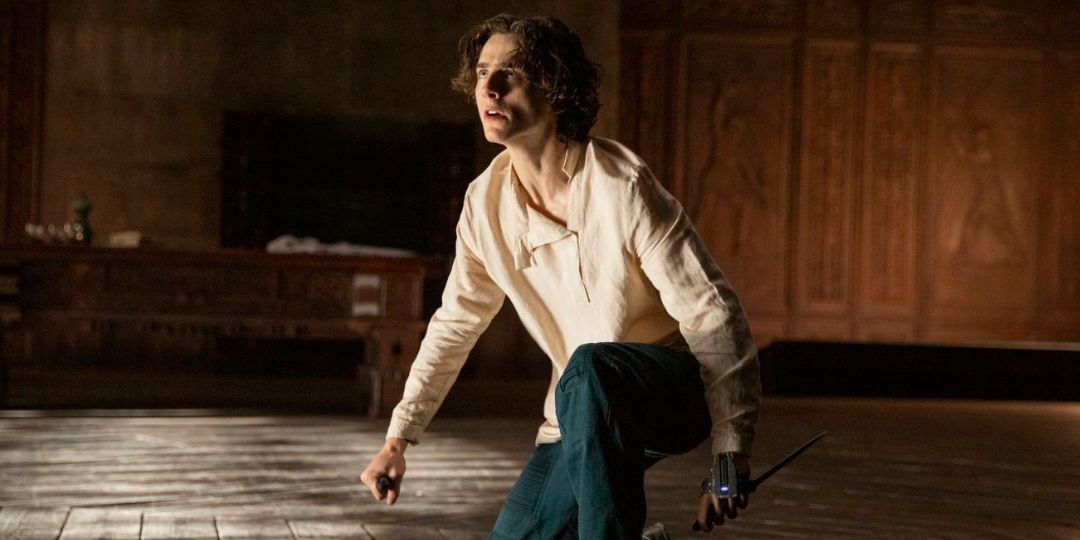Frank Herbert’s epic science-fiction novel, Dune, has captivated readers since its release in 1965. The Hugo and Nebula Award-winning novel centers on Paul Atreides, a young man born to the noble House Atreides. At first glance, Dune's Paul seems like the story’s obvious hero — but that’s exactly what Herbert intends, knowing readers will pick up on the hallmarks of Paul Atreides’ “Chosen One” archetype and make their own assumptions.
Dune is the rare, enduring sci-fi work that explored the menace of messianic prophecies. In 2021’s Dune: Part 1, director Denis Villeneuve clearly understands that Paul isn’t a character to celebrate indiscriminately, but rather a deeply flawed, manipulative anti-hero. So, is Paul Atreides evil, heroic, or simply misguided? Here’s what to know about Dune’s central character.
Who Is Paul Atreides In Dune?
The main character of Herbert’s Dune, Paul is the son of Duke Leto Atreides and Lady Jessica, an acolyte of the Bene Gesserit order. Made up of exclusively women, the sect uses their powers to influence how events unfold. The Bene Gesserit instructed Lady Jessica to bear a daughter for Duke Leto, but she went against their wishes, choosing instead to have a son, Paul. While Leto’s advisors trained Paul in the ways of warfare and politics, Lady Jessica taught him some of the Bene Gesserit disciplines. Paul’s prophetic dreams even spark the interest of the Reverend Mother Gaius Helen Mohiam.
At the novel’s start, Paul accompanies his father, mother, and a group of House Atreides loyalists to the desert planet Arrakis. At the behest of Padishah Emperor Shaddam IV, House Atreides is to take over stewardship of the planet from their rival, House Harkonnen. Arrakis is the sole source of melange (the Spice) in the universe. That unique substance not only augments one’s vitality and lifespan, but allows for space travel. When the Emperor and House Harkonnen conspire against Leto, killing him, Paul and Jessica manage to escape into the inhospitable desert.
Thanks to his Bene Gesserit powers and exposure to high concentrations of the desert’s melange, Paul has a vision; in it, he’s living alongside the Fremen, the indigenous people of Arrakis. Soon after, Paul and Jessica are captured by Fremen. In the community of Sietch Tabr, the off-worlders teach the Fremen the “weirding way” — a form of movement that allows one to maneuver and strike at shocking speeds during combat. Paul asserts himself by killing a Fremen in ritualistic knife combat, and even takes a Fremen name, Muad’Dib. Time passes, and Paul’s powers grow and manifest in new ways. For the Fremen, this all proves that Paul is their messiah — a prophecy concocted by the Bene Gesserit.
What Is So Special About Paul?
Early on in the novel (and 2021 film), the Reverend Mother chides Jessica for training Paul in the ways of the Bene Gesserit. What moviegoers don’t yet realize is that the Bene Gesserit foretold that a man with visions of the future would one day be born. Dubbed the Kwisatz Haderach, the man would be a Bene Gesserit — the order traditionally only trains women — and he would have the ability to bridge space and time.
That all sounds fine, right? If Paul’s this prophetic seer who can control people with just the sound of his voice, things are going as planned. But the Bene Gesserit have a very strict plan, one they control quietly through their breeding program — a program Jessica chose not to follow when she willed her child to be a son. As a result, Paul, this person of prophecy, has been born much earlier in history than the Bene Gesserit foretold. This is complicated by the Fremen’s belief that Paul is their messiah.
While Paul believes, as his late father did, that the Fremen would make formidable allies on the battlefield, there’s also a danger in waging war against the Emperor and House Harkonnen. But, as the saying goes, he who controls the Spice controls the universe. Paul and the Fremen mount an attack, complete with giant sandworms. After defeating one of the Emperor’s warriors in ritualistic combat, the ever-powerful Paul assumes the throne. Amazed by Paul, the new leader of both Arrakis and the Empire, the Fremen support for their messiah grows — to an uncontrollable degree.
As readers learn in Dune’s sequel, the aptly named Dune Messiah, Paul has unleashed an unstoppable crusade by accepting (and, through his actions, affirming) his role as messiah to the Fremen of the planet Arrakis. His dedicated followers have amassed him most of the known universe, turning Paul into a conqueror. In total, roughly 61 billion people have been killed as a result of the religious fervor.
What Makes Paul Atreides A Conflicted Hero?
Often, a bad outcome in Dune snowballs from an “inevitable” choice Paul makes. But he knows exactly what he’s doing — in both the novels and the 2021 movie. An anti-hero to his core, Paul’s powers are a paradox. While his visions and other abilities allow him to defeat the Emperor and the Harkonnens, the same abilities convince the Fremen to commit a universe-wide holy war in his name.
The intention might have been “good,” but the consequences lead to unforgivable results. Often, Paul is placed in a difficult, no-win position. That doesn’t excuse his actions by any means, but it does provide readers with a reason as to why he chooses the path of the Fremen messiah.
Generally speaking, Paul’s visions encourage him to walk the path of the Fremen messiah not only because it leads to his personal success over his enemies, but because the alternative path(s) would spell death for himself and Jessica. Of course, he doesn’t want to sentence himself or his mother to certain death. At the same time, he’s fully aware that his choice to do what’s best for himself and Jessica will lead to mass genocide committed in his name.
Is Paul Atreides Evil?
Try as he might to steer things in a better direction that doesn’t result in humanity’s destruction, Paul is still the central religious figure for the zealous Fremen. But even before the events of Dune Messiah Paul is a conflicted hero, or anti-hero — at best. Film and TV adaptations prior to Villeneuve’s totally misread Herbert’s intentions, opting to cast Paul as the (white) savior of the Fremen.
“I am showing you the superhero syndrome, and your own participation in it,” Herbert said of his novel. As mentioned, readers take the “birth of the hero” cues at face value: reluctant to lead, Paul is thrust into a difficult situation, endures exile, and then defeats the big bad. In sci-fi, the hero often becomes a deity of sorts, and Paul is no exception.
However, Herbert’s Dune (and Dune Messiah) shows that we should be wary of heroes and so-called saviors. Spice or not, when someone amasses power and devotees like Paul’s, any mistake they make isn’t just a ripple, but an all-consuming tidal wave with the potential to devastate the universe.

